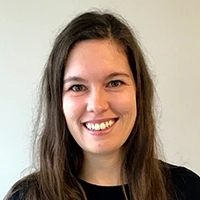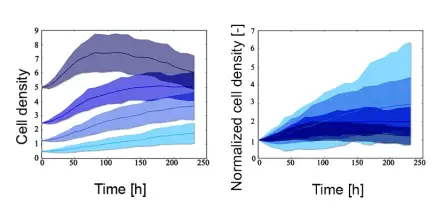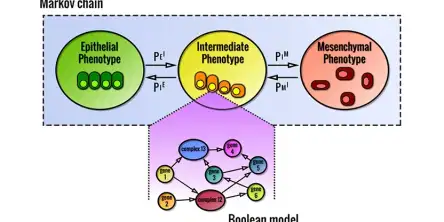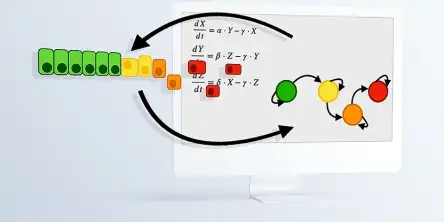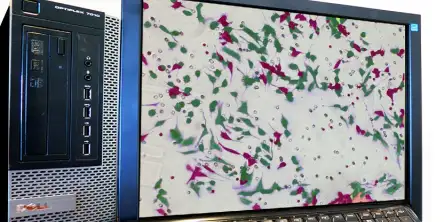Contact details
+39 0547 338953
+39 0547 339243
Alma Mater Studiorum – Università di Bologna, Dipartimento di Ingegneria dell'Energia Elettrica e dell'Informazione "Guglielmo Marconi"
Via dell'Università 50, Cesena. Go to Google map
Marilisa Cortesi is a Biomedical Engineer and post-doctoral researcher at the University of Bologna. She graduated magna cum laude at the University of Bologna, and was awarded a PhD in Bioengineering from the same institution.
Research by Marilisa Cortese
- Details
- Systems Biology
3D cell cultures are becoming increasingly common in-vitro approaches to study cell behaviour in more accurate and realistic settings. The experimental study of these systems, however, is complicated by the lack of non-destructive methods for the quantification of relevant properties like cell density and spatial distribution. Computational simulations can be used to address this limitation and pr
- Details
- Systems Biology
Epithelial to Mesenchymal transition (EMT) is an exceedingly complex biological process that plays a key role in cancer progression and metastases formation. To unravel this complexity and isolate specific genetic markers important for this transition, we have developed a computational model recapitulating both single cell and population behaviours. The former was represented with a boolean networ
- Details
- Systems Biology
Computational representation of complex biological processes is becoming an increasingly established approach to complement the experimental analysis and study methods to halt/redirect pathological processes. In this review paper we focus on Epithelial to Mesenchymal transition (EMT), a phenotypic transformation with a pivotal role in cancer progression and metastases formation, and present a seri
- Details
- Computational Tools
Transwell assays are another common experimental approach for the quantification of migration and invasion (see also Automatic quantification of (cancer) cell invasiveness). This method relies on a semi-permeable membrane and a layer of Matrigel coating to simulate the extracellular matrix and thus represents a more realistic model of in-vivo migration. Its results, however, are highly dependent o
Latest by Marilisa Cortese
- A Scaffold Simulator to study of cancer cell survival and 3D spatial distribution (SALSA)
- Computational models of Epithelial to Mesenchymal Transition
- Computational model of cell phenotype decision making
- Semi-Automatic Analysis of Invasion and Migration Transwell Assays (I-AbACUS)
- Automatic quantification of (cancer) cell invasiveness
